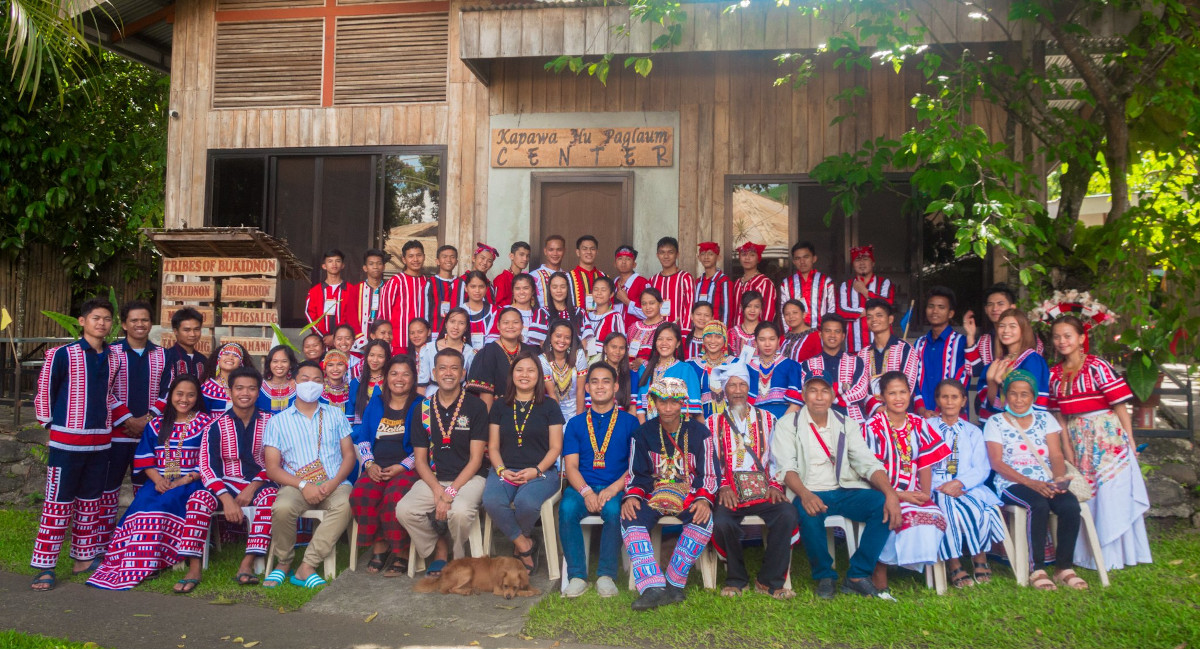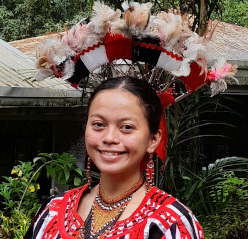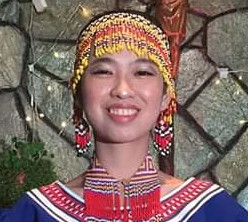
The Bukidnon Mission District of the Philippine Jesuits held a weeklong gathering that brought together their scholarship students under the Kapawa hu Paglaum (Light of Hope) programme. These young ethnic scholars refer to themselves as Kapawa (Light), and their assembly centred on three Cs: Converse, Challenge, and Change.
The gathering began with an indigenous ritual led by ritualists from the Umajamnen tribe of Cabanglasan and the Manobo tribe of Pangantucan to give thanks and praise to Magbabaya (God), seek permission and blessing for the activity, welcome a new batch of Kapawa scholars, and welcome the new school year.
The students then showed their love for their culture with enthusiastic dance performances. A few of the scholars staged a portrayal of a peaceful community beset by challenges, depicting the current situation of indigenous peoples today. Their presentations showed how the different ethnic tribes are united by love and hope, and the aspirations of young people to become good leaders in the future.
In the days that followed, the Kapawa scholars attended sessions on indigenous peoples’ rights. They were encouraged to engage in social justice action, and be academically and culturally informed about the challenges faced by indigenous communities, especially in Bukidnon where more than half of the Philippines’ indigenous population lives. They listened to the inspiring stories of former scholars, who shared about their journey, struggles, and successes.
Part of their training was a workshop on how to write concept notes to help them develop and implement activities in their communities. At the end of it, they proposed simple projects to be carried out in different Jesuit mission areas during their summer break.
Since the care of nature is closely linked with indigenous culture, the students went on a nature trip around Manguiran Farm. Most Rev Jose Manguiran, Bishop-Emeritus of Dipolog Diocese, discussed the importance of being good stewards of the environment. He also gave an orientation about the different indigenous trees planted in the farm. The students were reminded of the interconnectedness of all creation, and the call to be rooted in their identity.
Tribal music is another significant aspect of indigenous culture. Datu Salakup Waway Saway, an artist from the Talaandig tribe, shared about their music and musical instruments, which are inspired by the sounds of nature, further showing that their identity is inseparable from their environment.
On the last day of their gathering, a thanksgiving Mass was offered for the six Kapawa scholars who had recently graduated from college. Their degrees ranged from Agriculture and Business Administration to Nursing, Developmental Anthropology, and Education. One of them, Zacara Lastimado, finished magna cum laude in Secondary Education major in Social Studies from the Jesuit-run Ateneo de Davao University.
At the end of the Mass, Zacara’s mother spoke on behalf of the parents, but the speeches continued at the luncheon where the graduates along with their families and relatives expressed their gratitude. It was a beautiful ending to a week of learning and celebration. The scholars left with much determination, inspiration, and passion to pursue their dreams not just for themselves but for their communities, and most importantly, for Magbabaya.
 Ereca Ampoloquio is a Manobo and Kapawa scholar. She graduated from Xavier University-Ateneo de Cagayan with a degree in Agriculture.
Ereca Ampoloquio is a Manobo and Kapawa scholar. She graduated from Xavier University-Ateneo de Cagayan with a degree in Agriculture.
 Abegelle Caluna is an Umajamnen and Kapawa scholar. She is in her senior year at Bukidnon State University, majoring in Food Technology.
Abegelle Caluna is an Umajamnen and Kapawa scholar. She is in her senior year at Bukidnon State University, majoring in Food Technology.
